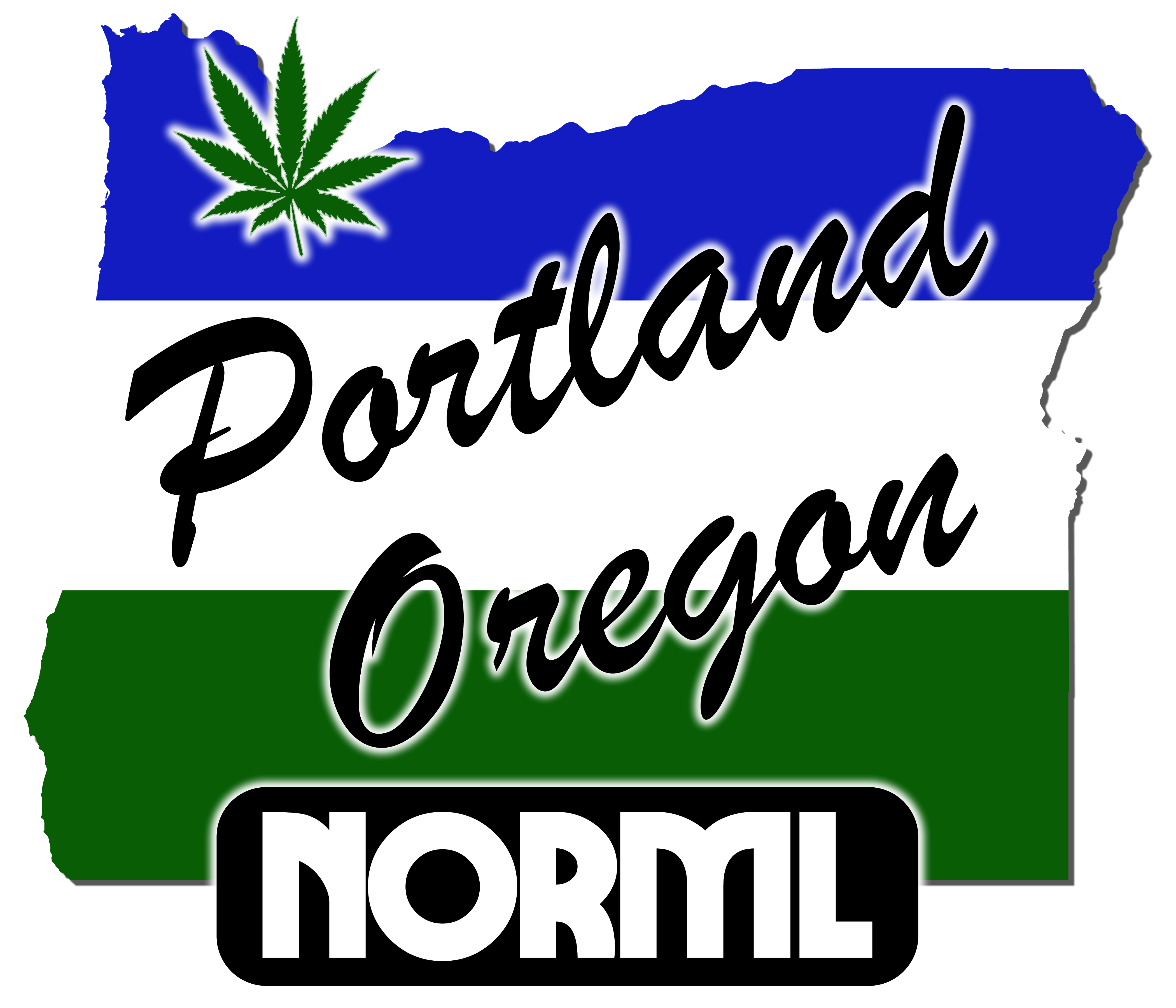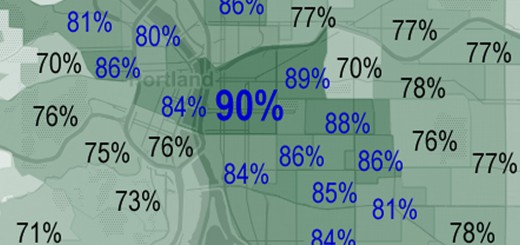Group Represents the Interests of Responsible Adult Marijuana Consumers, Seeks Consumer-Friendly Regulations Serving Portland’s Best Interests.
PORTLAND — As the 2015 Legislative Session begins, the issue of implementing regulations for the marijuana industry looms large. Lobbying groups have formed representing the interests of growers, retailers, medical marijuana patients, industrial hemp farmers, and the cities and counties, but until now no group has stepped up to represent the interests of the adult marijuana consumers.
The National Organization for the Reform of Marijuana Laws (NORML) has worked for over forty years to represent the interests of responsible adults who enjoy marijuana. The Washington DC-based non-profit has given the go-ahead for the formation of a Portland, Oregon-based chapter, known as Portland NORML, to lead lobbying efforts to represent the interests of cannabis consumers.
“While Oregon approved of commercial marijuana legalization with the greatest margin of any state, over 56 percent of the vote, most districts in Portland passed Measure 91 with votes in the 70 percent to almost-90 percent range,” explains Portland NORML Executive Director Russ Belville. “Yet Portland’s representatives in the state legislature and the city’s executives are seeking to place restrictions and burdens on adult marijuana users clearly out-of-touch with the will of city voters and the lessons learned from mistakes made in Denver and Seattle.”
The key philosophy of Portland NORML is that responsible adult marijuana consumers should be provided the same rights, privileges, and responsibilities as adult alcohol and tobacco consumers, whenever practical. “For eighty years our society has accepted and regulated the adult use of two of the most addictive and dangerous drugs - alcohol and tobacco,” Belville states. “Like booze, marijuana alters perceptions and mood; like cigarettes, marijuana produces smoke that can intrude on non-smokers’ right to fresh air. But marijuana brings with it far less damage and danger to the individual consumer and the non-consuming public. So there is no logical reason why adult marijuana consumers should be treated with any less respect, restricted more severely, and denied the same privileges we extend to responsible adult drinkers and smokers.”
Portland NORML’s lobbying efforts this session will focus on these ten core principles:
- Maintaining the Oregon Medical Marijuana Program Registry Card System and Its Privileges. Severely sick and disabled medical marijuana patients must retain the right to possess and grow more marijuana than allowed for adult personal use, to designate caregivers and growers, and their marijuana purchases should remain tax-free.
- Integrating All Commercial Marijuana Production and Sales into Measure 91’s Framework. Adult marijuana users should not have to shop in segregated buildings in “red-light districts”. Experience from Denver and Seattle shows that such segregation incentivizes gaming the medical marijuana system.
- Establishment of Adult Personal Use Venues (“Vapor Lounges” or “Coffee Shops”). Experience from Denver and Seattle shows that lacking a public place to use marijuana leads to increases in public use citations in the streets and parks and inexperienced use of marijuana edibles leading to ill effects.
- Retention of the State’s Sole Right of Taxation on Marijuana. Experience from Denver and Seattle shows that over-taxation of marijuana defeats the purpose of eliminating the black market and leads to the gaming of the medical marijuana system.
- Rejection of Junk Science DUID Standards. While we believe no responsible adult should drive a vehicle while impaired by marijuana, we strongly oppose the imposition of per se standards for determining driver impairment based on blood, urine, saliva, or breath testing that only determine that an adult consumed marijuana, not that they are currently impaired behind the wheel.
- Affirmation of the People’s Right to Ban Marijuana Commerce - Not the Government. Measure 91 provides a fair mechanism by which a city or county can ban marijuana commerce through an initiative petition and a vote of the people. We oppose efforts to grant city councils and county commissions that ability to ban by their vote alone.
- Marijuana Consumers’ Right to Work. While Measure 91 retains the right of employers to maintain alleged “drug-free workplaces”, Portland employers should end the practice of suspicion-less screening for inactive marijuana metabolites. No qualified worker should be discriminated against by an employer for the use of marijuana away from work, so long as they do not come to work in an impaired condition.
- Marijuana Consumers’ Equal Rights. The rights of marijuana consumers, including, but not limited to the rights of child custody, foster parenting, adoption, bearing arms, seeking organ transplants and other medical treatments should not be affected solely by the lawful, responsible use of marijuana.
- Release of Non-Violent Marijuana Prisoners. No person whose non-violent marijuana crime was made non-criminal by Measure 91 should remain under correctional custody or supervision, and a protocol for expunging those criminal records should be made available.
- Expanded Personal Cultivation Rules. Measure 91’s restriction of just four marijuana plants per household, along with a landlord’s right to ban cultivation, provides incentive to game the medical marijuana system or break the law. We recommend increasing the limit to six plants per person (like Denver) and up to twelve plants per household (like Washington DC), and providing a means by which an adult could lease personal growing space from a commercial vendor.
Belville concludes, “Portland can be the place that stands as the gold standard for how American cities can successfully regulate adult marijuana use and commerce in the future. We look forward to working with the city, the legislature, and other stakeholders in crafting that reality.”
# # #





